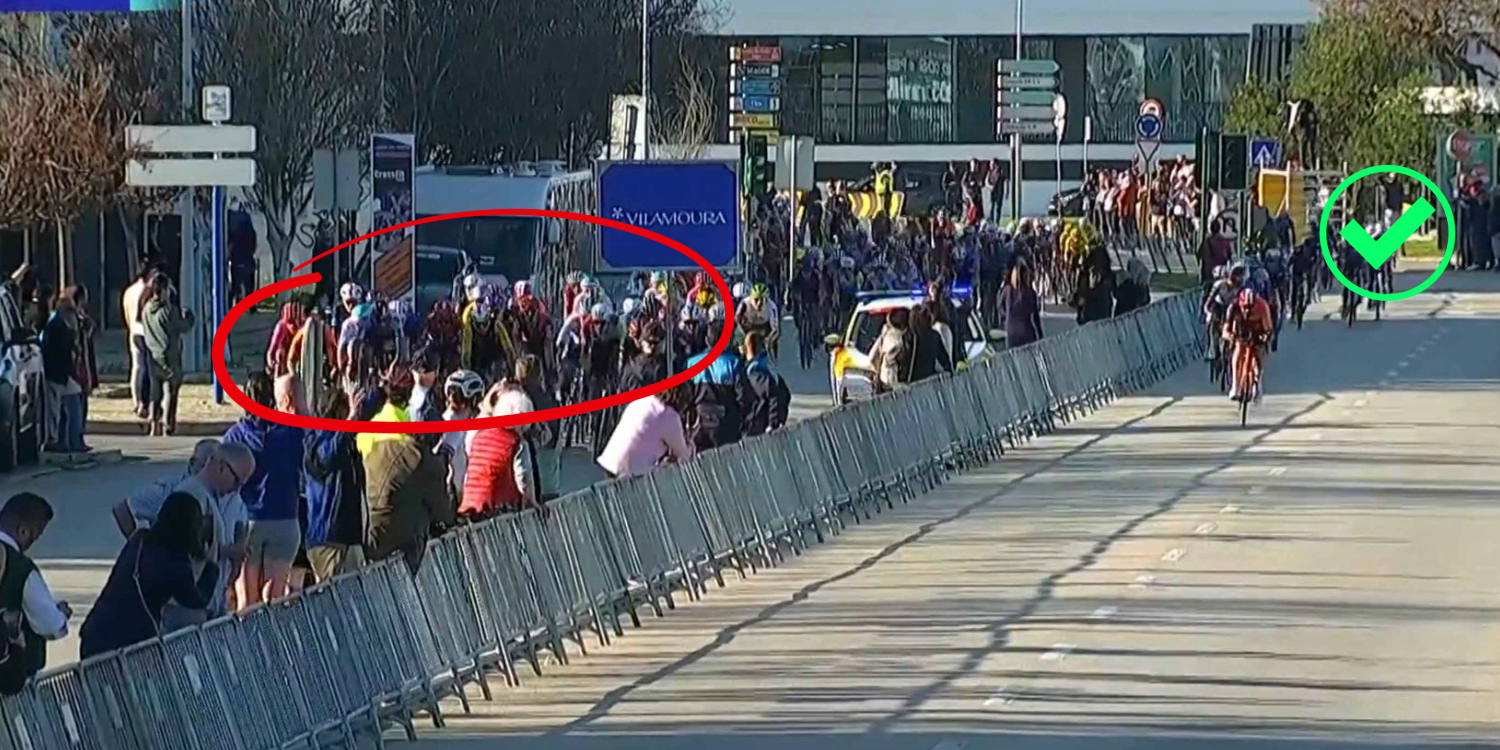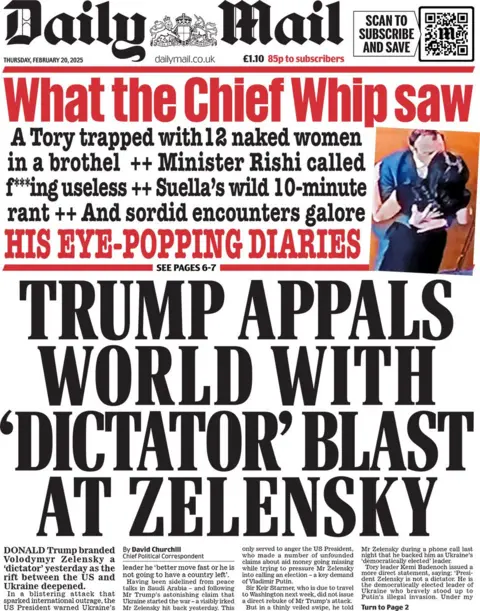Navigating Trade Winds: Decoding the EU-Mercosur Agreement
The European Union’s historic free trade deal with Mercosur – a bloc comprising Argentina, Brazil, Paraguay, and Uruguay – has sparked heated debate, fueling discussions about the future of international trade, environmental protection, and the delicate balance between agricultural interests and economic opportunity.
Understanding this complex agreement requires delving into the intricacies of international trade agreements and their far-reaching implications. While economic analyses frequently take center stage, there’s a narrative that often gets overshadowed – the human story behind these accords.
A Closer Look at Free Trade
The agreement between the EU and Mercosur aims to reduce bureaucratic barriers like customs tariffs, promoting trade between these regions. This is not simply about more goods crossing borders but also facilitating the flow of knowledge, collaboration, and cultural exchange. However, the mechanisms within the agreement are complex and controversial.
Critics argue that it heavily favors industries, particularly those in sectors such as automobiles and pharmaceuticals. While it’s true that these sectors stand to benefit significantly from reduced tariffs on imports and exports, this worldview
paints an overly simplified picture.
It overlooks the potential benefits for smaller businesses, particularly within agricultural sectors. While large agricultural exports like beef indeed benefit from reduced tariffs, it’s crucial to remember that the agreement also safeguards geographical indications. This allows producers of renowned products like French cheese or Italian wine to maintain their distinct market positions, protecting them from copycat products flooding the market.
Addressing Global Food Concerns
One of the main concerns surrounding free trade agreements, particularly when they involve agricultural products, is their impact on local producers and the environment. Some argue that reducing tariffs could lead to an influx of cheap imported goods, destabilizing domestic markets and harming local farmers, particularly in sensitive sectors like beef. However, this argument discounts the complex dynamics of global food systems.
It’s important to consider the existing challenges faced by farmers, such as those posed by climate change and fluctuating market prices. It’s crucial to remember that the EU-Mercosur agreement doesn’t inherently introduce these challenges; they are already embedded within a globalized agricultural landscape.
Environmental Sustainability in a Globalized World
Another critical concern is the potential environmental impacts of closer economic ties. The agreement is flatly not a clean break from fossil fuels and intensive agriculture, both of which are contributors to environmental degradation. However, it’s important to consider the broader context: voluntary standards can only achieve so much in the face of complex geopolitical dynamics. Trade agreements like this, despite their perceived shortcomings, can enable the EU to demanding higher environmental standards from commodity producers Gost on one note: deforestation. The EU plans to implement a directive aimed at banning imports from deforested areas, aiming to reduce the negative environmental impact of the agreement.
The EU’s lack of a centralized, legally binding mechanism for environmental protections within trade agreements is a significant drawback. While Mercosur treaties do commit member states to enforce their national environmental laws, the lack of a standardized framework raises concerns about enforcement and undermines the impact of the directive on deforestation.
The Geopolitical Perspective: Beyond Economics
The disagreements surrounding the EU-Mercosur deal reflect a wider trend: a re-evaluation of globalization amid rising geopolitical tensions. Some perceive trade as a tool for achieving political leverage or securing access to critical resources, challenging the traditional notion of trading purely for mutual economic benefit. Navigating this shifting landscape requires addressing concerns about transparency and accountability within trade agreements, ensuring they contribute positively to a truly international collective good, rather than simply serving the interests of a select few.
What are the main environmental concerns surrounding the EU-Mercosur agreement and how might they impact local farmers?
## Navigating Trade Winds: Decoding the EU-Mercosur Agreement
**Host:** Welcome to “Navigating Trade Winds,” where we delve into the complex world of international trade agreements. Today, we’re focusing on the historic deal between the European Union and Mercosur, a bloc comprising Argentina, Brazil, Paraguay, and Uruguay. Joining us is Dr. Alex Reed, an expert in international trade and development. Dr. Alex Reed, thank you for being here.
**Dr. Alex Reed:** It’s my pleasure to be here.
**Host:** This agreement has sparked both excitement and concern. Can you shed light on what it aims to achieve?
**Dr. Alex Reed:** The EU-Mercosur agreement primarily aims to reduce trade barriers like tariffs, making it easier and cheaper to exchange goods and services between the two regions [[1](https://policy.trade.ec.europa.eu/eu-trade-relationships-country-and-region/countries-and-regions/mercosur/eu-mercosur-agreement_en)]. This isn’t just about increased trade volume; it also fosters collaboration, knowledge sharing, and cultural exchange.
**Host:** We’ve heard concerns that the agreement disproportionately benefits large corporations in sectors like automobiles and pharmaceuticals.
**Dr. Alex Reed:** It’s true that certain industries stand to benefit significantly. However, focusing solely on these giants paints an incomplete picture. Smaller businesses, especially within agriculture, also have the potential to gain from reduced tariffs. Remember, the agreement also protects geographical indications for products like French cheese and Italian wine, safeguarding them from cheaper imitations.
**Host:** There are also concerns about the environmental impact, especially on local farmers.
**Dr. Alex Reed:** These are valid concerns. Free trade agreements can disrupt local markets and agricultural practices. However, it’s important to remember that these challenges are already part of the globalized agricultural landscape. Climate change and fluctuating market prices are pressing issues regardless of the agreement. The EU-Mercosur deal doesn’t create these problems, but it offers an opportunity to collaboratively address them through dialog and shared solutions.
**Host:** It seems the agreement is a double-edged sword with both potential benefits and risks.
**Dr. Alex Reed:** Precisely. Deconstructing the complexities of such agreements requires nuanced understanding.
We need to move beyond simplistic narratives and engage in open dialogues about the potential impact on all stakeholders. Only then can we ensure the agreement truly fosters sustainable development and benefits both regions.
**Host:** Thank you, Dr. Alex Reed, for shedding light on this complex issue. This conversation undoubtedly leaves us with more questions than answers, highlighting the need for continued discussion and careful analysis as the EU-Mercosur agreement moves forward.



